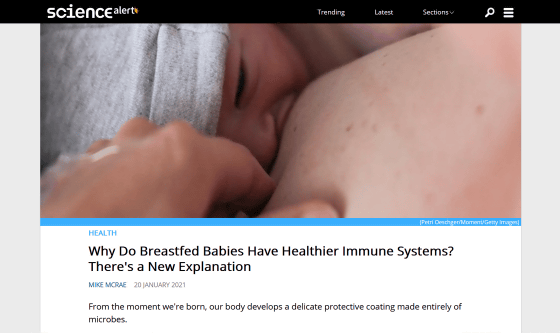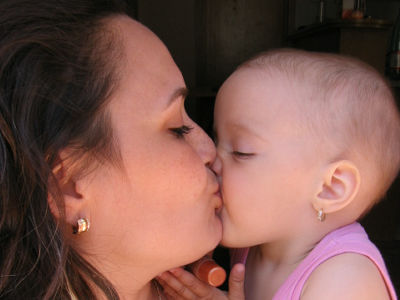What is the difference in the immune system between breastfeeding and formulating?

It has been pointed out that breastfeeding babies has the
Breastfeeding promotes early neonatal regulatory T cell expansion and immune tolerance of non-inherited maternal antigens --Wood ---- Allergy --Wiley Online Library
https://onlinelibrary.wiley.com/doi/10.1111/all.14736
Research reveals new insight into why breastfed babies have improved immune systems
https://www.birmingham.ac.uk/research/immunology-immunotherapy/news/2021/01/why-breastfed-babies-have-improved-immune-systems.aspx
Why Do Breastfed Babies Have Healthier Immune Systems? There's a New Explanation
https://www.sciencealert.com/researchers-uncover-clues-on-why-breast-fed-babies-have-healthier-immune-systems

The human body is in constant contact with a variety of microbes and viruses, and the immune system determines which ones are considered harmless and which ones are rejected as dangerous. It is important to study the development of the immune system in newborn babies, as allergies and autoimmune diseases can be caused if the immune system makes decisions.
A research team at the University of Birmingham conducted a study of 38 babies born at maturity and cesarean section to investigate the effect of 'breastfeeding' on the infant's immune system. 'The effect of milk type on the development of the immune response has not been studied in infants in the first few weeks of life,' said Gergely Toldi , a neonatologist at the University of Birmingham.
Of the 38 babies studied, 16 were completely breast-fed, 9 were both breast-fed and formula-fed, and 13 were completely breast-fed. The research team analyzed blood samples collected at the time of birth of the baby, blood samples collected at the age of 3 weeks and feces, and investigated changes in the type of milk on the baby's immune system and intestinal bacteria. ..
The reason for limiting the study to infants born by Caesarean section is to control variables of the immune system in infants at birth. Since there is a research result that 'children born through the birth canal are less likely to develop diseases of the immune system than children born by caesarean section', infants can be exposed to various microorganisms that live in the birth canal. It has been suggested that it may be developing the immune system.
Human immune cells may have 'memory of bacteria and viruses that have never been infected' --GIGAZINE

by National Human Genome Research Institute
Analysis revealed that by the third week of life, the proportion of regulatory T cells responsible for the suppressive control of the immune response increased in the baby's body. The rate of increase in regulatory T cells was particularly high in breast-fed babies, twice as high as in breast-fed babies.
It was also shown that breast-fed babies suppress the immune response to cells and microorganisms transferred from the mother to the baby, and produce less inflammatory cytokines that promote the inflammatory response in the body. The process of breastfeeding is far from sterile, and because the mother's own cells and microbes present in the skin are transferred to the baby, enhancing regulatory T cells to protect the baby from excessive immune system reactions. It can be said that it is important.
Although the mechanism by which breastfeeding causes a series of changes has not been clarified, an analysis of feces collected from 3-week-old babies in this study revealed that it supports regulatory T cells. It turns out that the amount of certain gut flora that is present is more abundant in breast-fed babies. It was suggested that changes in specific gut flora may be related to changes in the immune system.

Although direct comparisons have shown the benefits of breastfeeding in this study, many mothers are breastfed as a result of considering various factors, putting pressure on mothers that breastfeeding is absolute. You should be cautious about the possibilities. 'We hope that this valuable new insight will help improve breastfeeding rates and help more babies benefit from breastfeeding, and for infants fed powdered milk,' Toldi said. We hope that these results will help you optimize the composition of your milk powder to gain the benefits of immunological mechanisms. '
Related Posts:
in Science, Posted by log1h_ik







